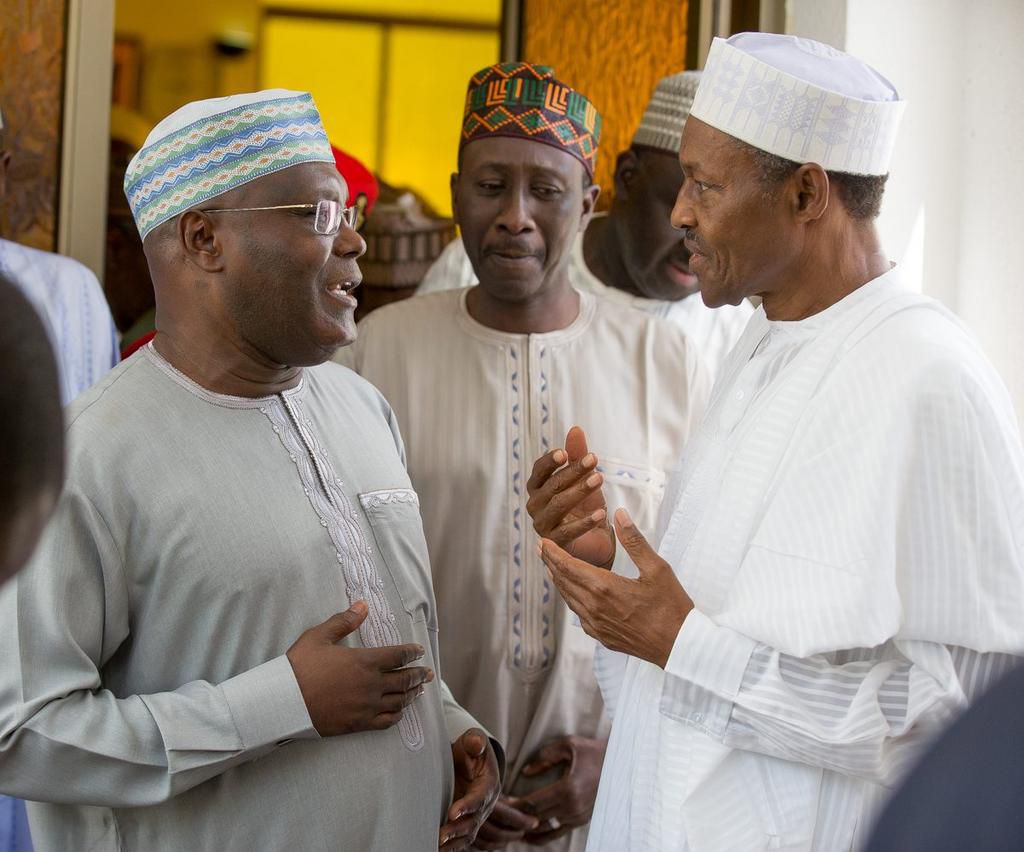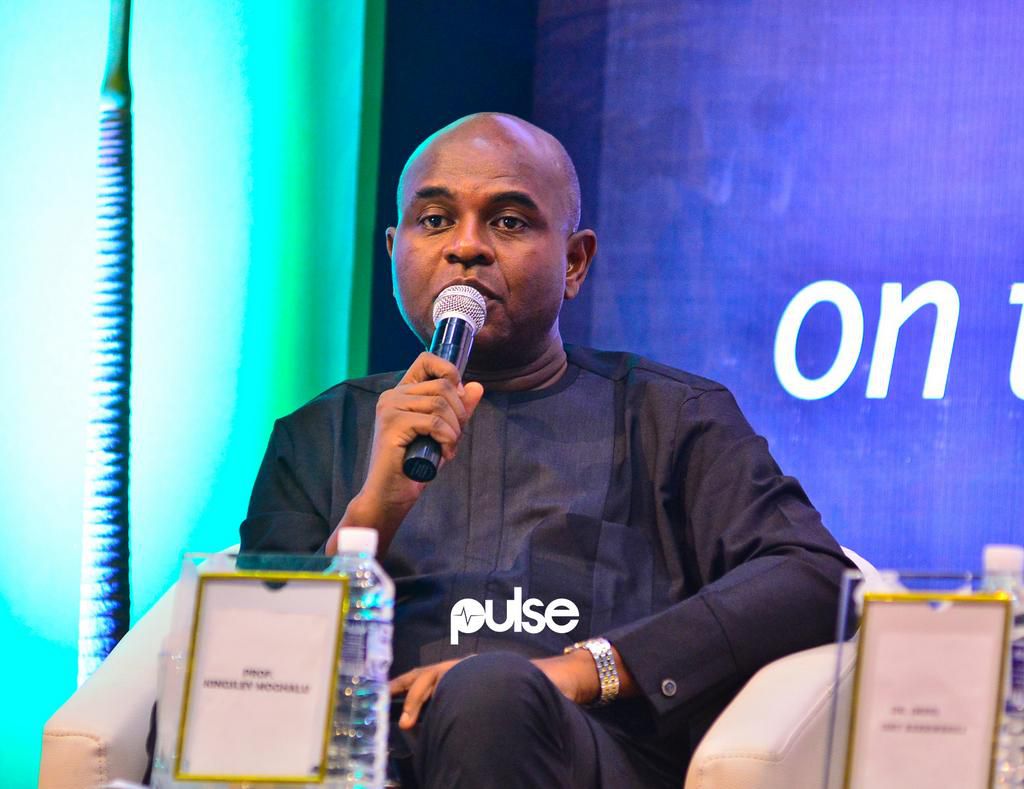Moghalu says Nigerian youths made noise on "overrated" social media but didn't vote
![Kingsley Moghalu [Twitter/@MoghaluKingsley]](https://image.api.sportal365.com/process/smp-images-production/pulse.ng/25072024/5e3e15bc-c494-458b-8c52-7cdde5db428f?operations=autocrop(700:467))
The former deputy governor of the Central Bank of Nigeria (CBN) could only gain 21,886 votes in the February 23 election that was won by President Muhammadu Buhari who scored 15,191,847 votes.
Second-placed Atiku Abubakar of the Peoples Democratic Party (PDP) finished with 11,262,978 votes, sharing 96.82% of the total votes cast with Buhari in an election contested by a total of 73 candidates.

In his assessment of the election, Moghalu says the failure of Nigerian youths to vote at the polls contributed to his poor return.
He said despite expressing their outrage on social media, they made up different excuses to not vote at the polls for candidates that are not tied to Nigeria's old political class.
He said, "As for the youth, they made much noise on the overrated social media but did not vote in their numbers in 2019.
"Many young people also succumbed to the ability-to-win argument, leading the charge for the old establishment candidates.
"Some were discouraged by the failure of the new generation alternatives to produce a consensus candidate in a coalition. That's a lame excuse. Coalitions are not formed by force or at gunpoint. Only candidates truly willing to form a coalition (which is very different from "forming" the desire for one) can do so.
"Behaving as if anyone owed them a coalition or consensus candidate was therefore a cop-out from having to make an informed democratic choice. They should instead have voted for the "youth" candidate of their choice."
While further analysing his loss, Moghalu said the 2019 elections were heavily militarised and marred by "an orgy of vote-buying, rigging, vote-suppression and violence".
He also criticised the Independent National Electoral Commission (INEC) for its "chaotic operations" that gave room for a lot of electoral irregularities.
"From several states around the country we received credible reports that votes cast for the Young Progressives Party (YPP), my party platform for the 2019 elections, were being diverted," he claimed.
![INEC chairman, Prof. Mahmood Yakubu [Guardian]](https://image.api.sportal365.com/process/smp-images-production/pulse.ng/25072024/0cde3727-6bd5-4015-a31c-0b1980207bab)
He further claimed that millions of Nigerians, including even his own supporters, voted for Buhari and Atiku for sentimental reasons rather than one that'll greatly benefit the country.
The 56-year-old said the spread of false stories about him dropping out of the race for either one of Buhari and Atiku confused voters very close to the elections.
Despite his monumental loss, Moghalu said he's glad to have stood up to be counted and thanked his supporters who stood with him during the campaign period and at the polls.
He remarked that changing the political narrative and challenging the status quo was an important victory in itself.
"In running (to win, not that "I also ran") for president I took a bold, calculated risk, sacrificing safety, personal resources and income streams, and quality family life because I was fed up with the failure of governance and economic management in our country.
"Rising poverty, unemployment and instability remain our agonizing reality. Personal success is increasingly meaningless in such an existential mess," he said.
Moghalu calls for reform of electoral process
To prevent a recurrence of the problems that plagued the 2019 elections, Moghalu said electoral laws and procedures must be overhauled, including institutional reform of INEC by reviewing the legal framework for the electoral umpire.

He noted that Nigerians in diaspora must be able to vote in the 2023 general elections.
"If we don’t reform our voting procedures as an urgent matter, we are not serious. Our votes must be counted and must count. Democracy is rarely perfect anywhere, but in Nigeria it’s in a crisis, and it will die if something is not done quickly," he said.
He said the best way forward is to utilise technology by moving to electronic voting and "plugging many loopholes for electoral fraud in the present system that is largely manual and antiquated".
"Yes, there are risks with electronic voting and collation, but they can be managed with effective risk management.
"In any case those risks are small beer compared to what happened in the 2019 elections," he added.
)
)
)
)
)
)
)
)

)
)
)
)
)
)